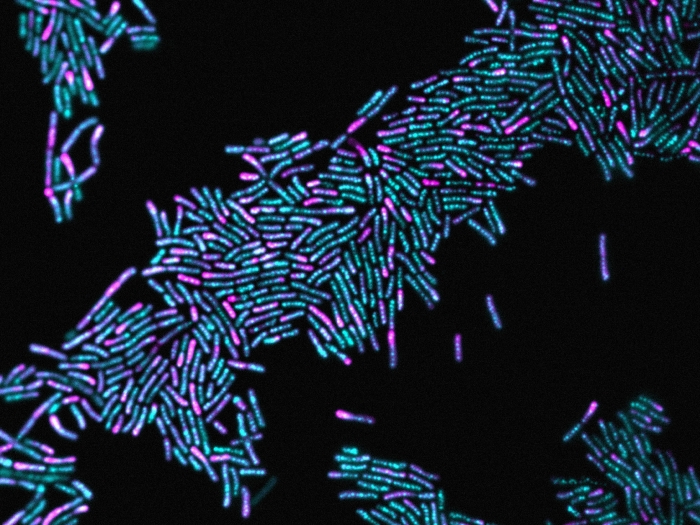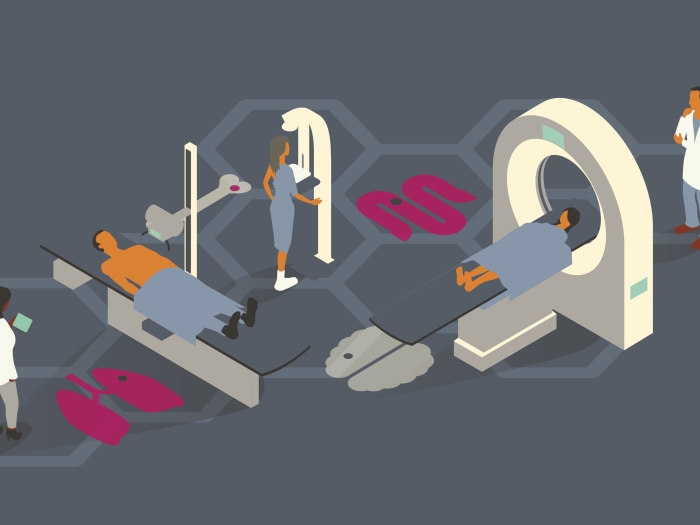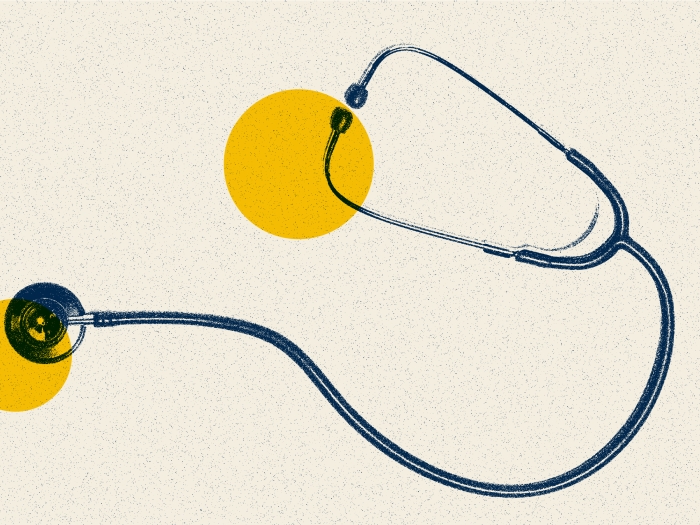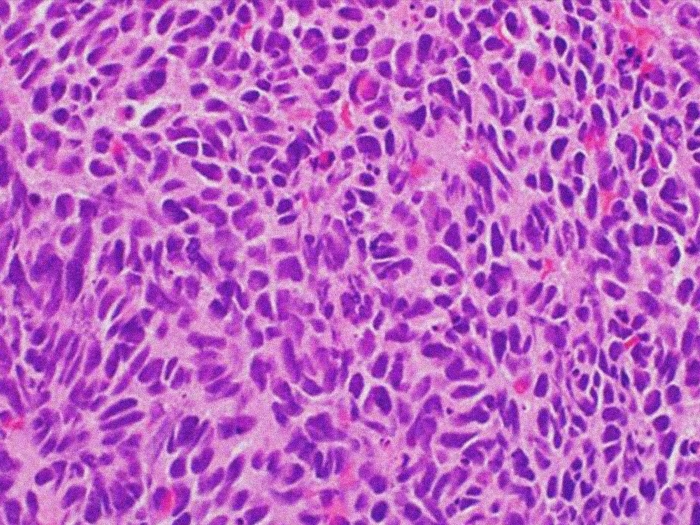Showing 91-105 of 191 results

Health Lab
The University of Michigan researchers found some bacteria ship cellular cargo by “surfing” along proteins called ParA/MinD ATPases

Health Lab
Mammograms, Pap tests, colonoscopies and lung CT scans have the power to detect cancer early and save lives – a new study tallies up the savings in both years and dollars.
Department News
Nineteen new students are joining the Department of Biological Chemistry in 2023–24.

Health Lab
People with chronic pain who take opioids have trouble finding multimodal pain care; insurance and provider education changes are needed, experts say

Health Lab
AI can predict certain forms of esophageal and stomach cancer Michigan Medicine study says.

Health Lab
Michigan Medicine researchers looked into a drug in development to treat prostate cancer called proxalutamide, which works by blocking an enzyme called TMPRSS2 (transmembrane protease, serine 2) that is regulated by androgen receptors, as a potential therapeutic for COVID.
Department News
The perspective "Insights and Strategies for Improving Equity in Graduate School Admissions" by U-M Biological Chemistry PhD student Anibal Tornes Blanco and team members at Científico Latino has been published in Cell.

Health Lab
A Michigan Medicine explains a dangerous TikTok trend about Borax

Health Lab
A study from the University of Michigan Rogel Cancer Center uncovers a new mechanism to explain why some prostate tumors switch from a common, treatable form to a more rare and aggressive form of prostate cancer.